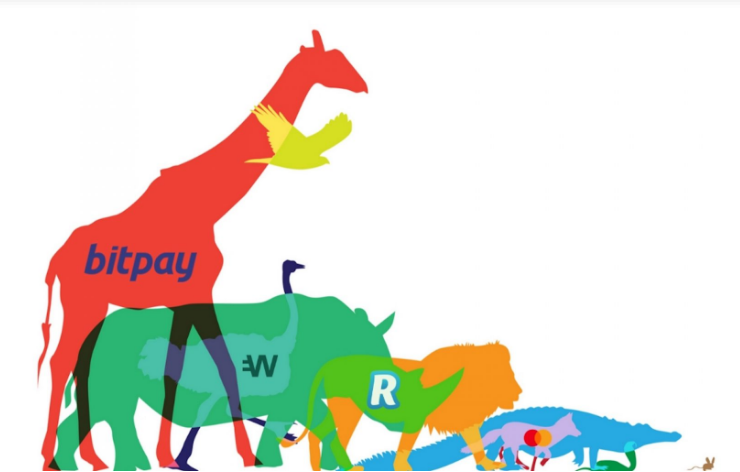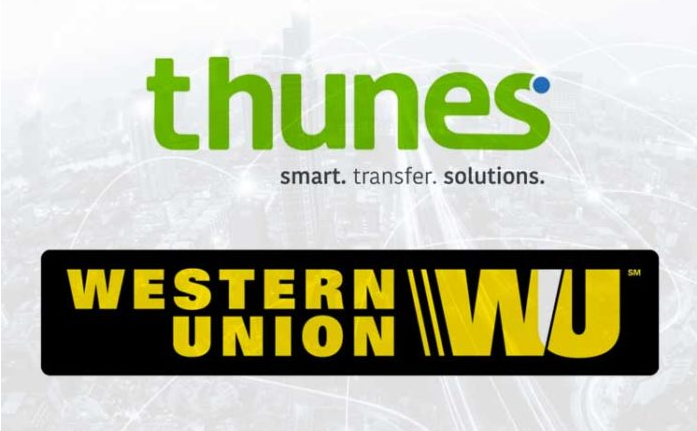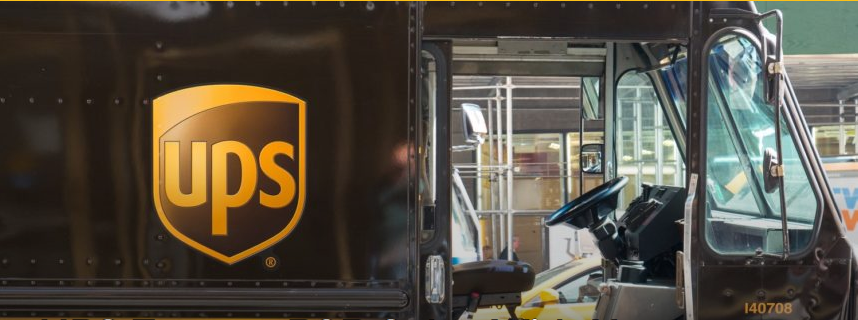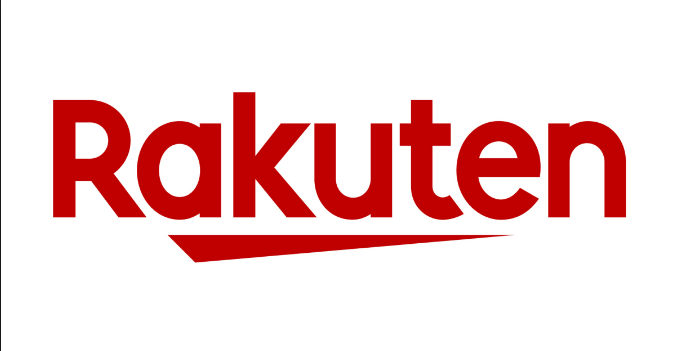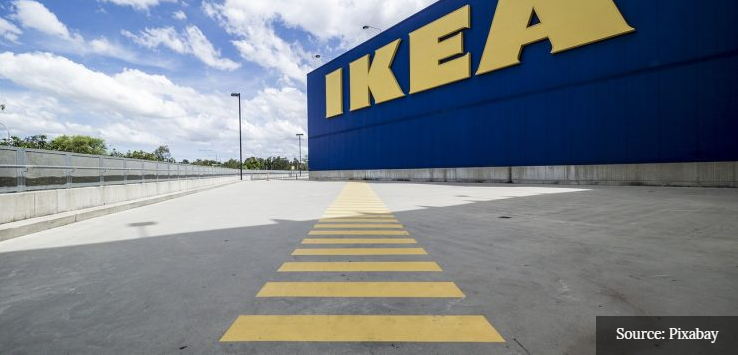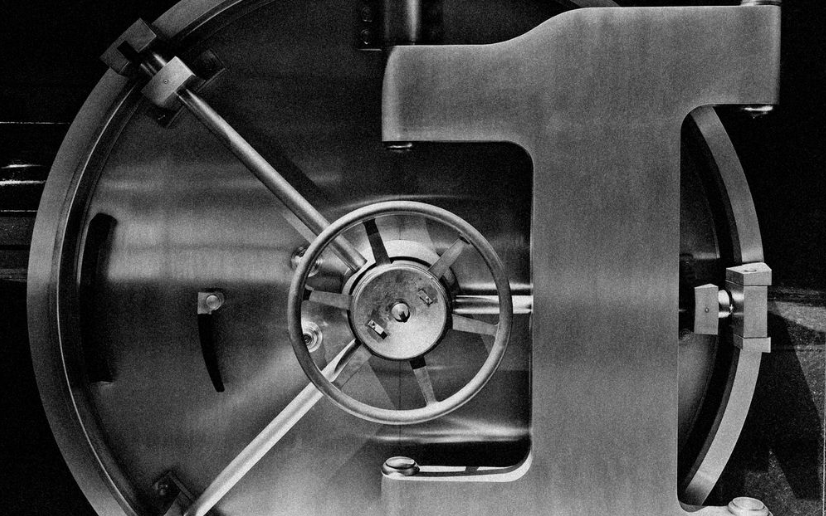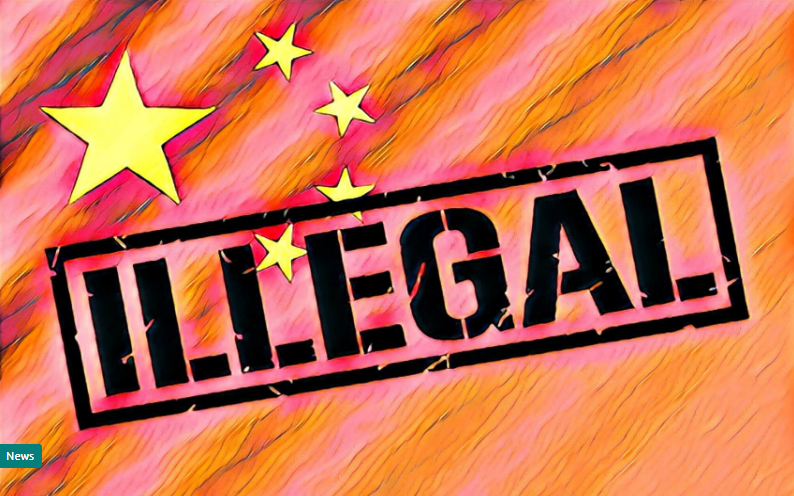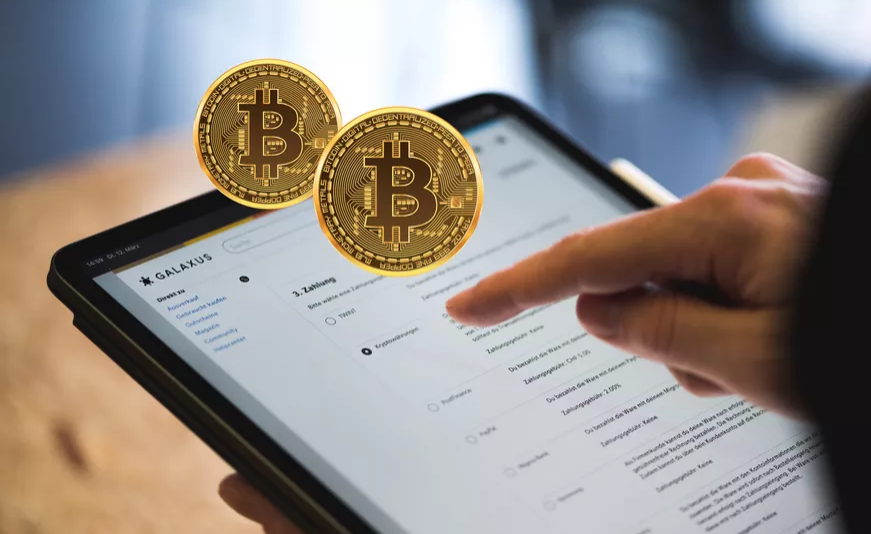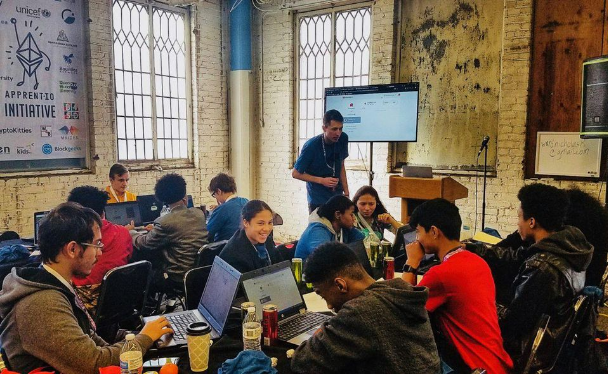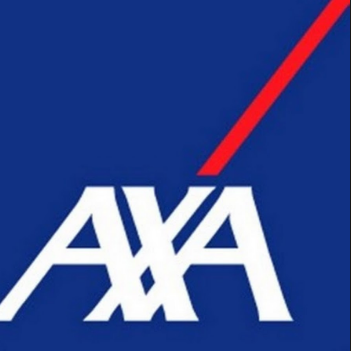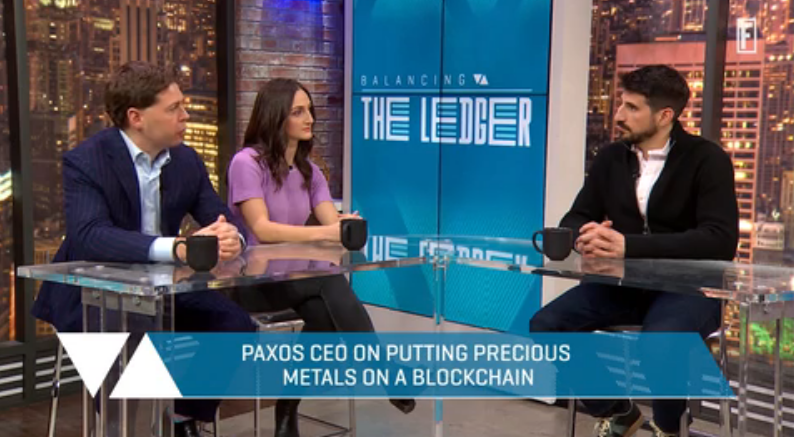 The World Bank has backed a pilot venture in Haiti to help empower farmers, to tag fresh produce ensuring transparency and traceability - making it possible to track food from farm to table.
The World Bank has backed a pilot venture in Haiti to help empower farmers, to tag fresh produce ensuring transparency and traceability - making it possible to track food from farm to table.There are numerous examples of governments exploring Blockchain technology use. Examples include India looking to offer Blockchain-based payment services for overseas workers, allowing them to send money home faster and more cheaply.
In Singapore BMW, Intel and Neilson are helping the government by offering Blockchain training, technical and mentoring. It is thought that once more people understand the benefits of Blockchain technology it will encourage more mainstream use.
In New Zealand, the innovation agency has demonstrated that it is supportive of Blockchain technology as it recognise the potential benefits for companies looking to stay one step ahead.
As with all new technology there are going to be challenges, and no government has all the answers, but it is encouraging that many governments are at least being supportive and exploring how Blockchain technology can be used.
#FrontierInsights
Blockchain
Government Relations



